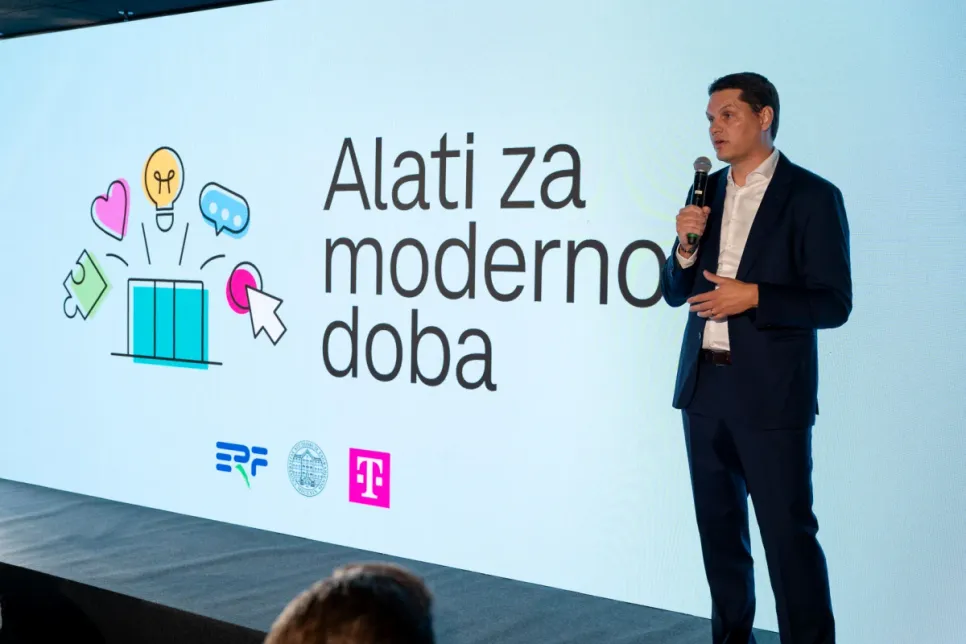Meta Reports Strong Quarter and More Losses in Reality Labs
Meta Platforms’ revenue grew 16% to $42.3 billion in the first quarter of 2025, surpassing analysts’ average estimate of $41.4 billion.

The Faculty of Education and Rehabilitation (ERF) of the University of Zagreb and Hrvatski Telekom launched the "Tools for Modern Times" project. It is the first structured and science-based program whose goal is to prevent risky behavior among elementary school students, primarily 7th and 8th-grade students, but also adolescents in a virtual environment. Scientific research that was the starting point for creating the program shows a range of risky behaviors of adolescents on the internet, which result in serious adverse consequences in the field of mental health and interactions in the real world. The program, which will be implemented in elementary schools throughout Croatia, is necessary because 30% of students in Croatia use the internet for more than four hours a day, and a quarter of them themselves recognize that they are too immersed in the virtual world. 50% of adolescents check social media as soon as they receive a notification, without delay and regardless of what is happening around them. 1% of high school students meet the criteria of internet addiction, and 20% already manifest problems related to excessive internet use, which is worrisome for four students per class.
Such results can be partly attributed to the lack of systematic investment in developing skills among young people, specifically in the responsible use of digital technologies. The preventive program developed by ERF and implemented in cooperation with HT includes 11 structured and interactive workshops for students, which trained expert associates and teachers will conduct. The ERF author's team comprises experts with years of practical, scientific, and teaching expertise in risky behavior and behavioral addictions and extensive experience in developing science-based interventions aimed at children and young people. In the project's first year, six three-day trainings will be provided for the future facilitators of the preventive program in Zagreb (two trainings), Osijek, Rijeka, Varaždin, and Dubrovnik. Training is conducted within the Lifelong Learning Center of the Faculty of Education and Rehabilitation Sciences of the University of Zagreb. Upon completing the training, expert associates and teachers will implement the program as part of systematic preventive school activities.
High-quality training of program facilitators is crucial for the success of interventions since, in this way, continuous and effective preventive action is ensured in Croatian schools, not only for current but also for future generations of elementary school students. An additional element of the program is interactive lectures for parents of students to get accurate and relevant information for identifying potential risks for children on the internet. The program has already been tested and proved to be effective in strengthening students' social-emotional skills, enabling them to deal with stress better, think critically, and increase the quality of relationships in the virtual and physical world.
By systematically preventing risky online behavior, we want to reduce the worrisome statistics primarily related to risky behavior in the virtual environment. Surveys show that 10 percent of children have had an unpleasant online experience, and children who experience violent behavior online are more likely to experience violent behavior in a real environment. Also, every other young adolescent receives sexual content from known and unknown persons, and 20% of them forwarded other people's sexual content without that person's consent. As many as two-thirds of adolescents corresponded with a person they met online, and a third showed extremely risky behavior by meeting such a person without their parent's knowledge.